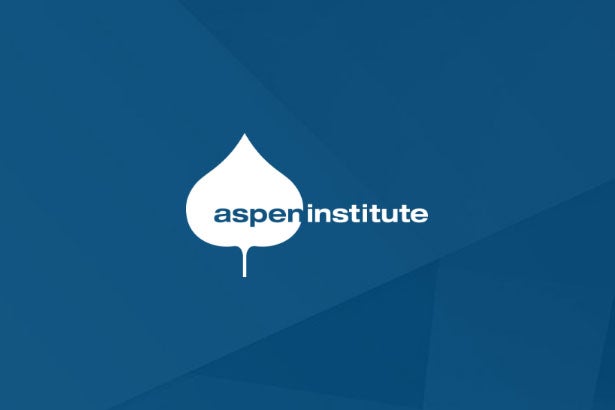The U.S.-China Track II Dialogue
Recognizing the critical importance of cultivating a relationship of trust and cooperation between two of the world’s largest powers, the Aspen Strategy Group (ASG) launched a bilateral Track II dialogue between the United States and China in June 2013, in partnership with the Party School of the Central Committee of the Communist Party of China and with the explicit endorsement of President Xi Jinping. Since then, the dialogue has convened in December 2014 in Beijing, November 2023 in San Francisco, and April 2024 in Beijing.
The mission of the ASG’s U.S.-China Track II Dialogue is to foster a closer strategic relationship between China and the United States built on mutual respect, understanding, and trust. Our objective is to build a network of decision-makers and thought leaders in both China and the U.S. who are committed to a peaceful and cooperative relationship by resolving existing and foreseeable conflicts through diplomacy and dialogue, rather than containment and confrontation. Our approach is to provide a reliable platform for a sustained, long-term Track II dialogue between high-level Chinese and American delegates to engage in an open and civil discourse on the political and economic issues that strain the relationship between these two great powers, as well as shared challenges and responsibilities that accompany the herculean task of global governance.
